
June 28, 2024, 9:00 am - 9:45 am
Oral Histories, Microsensors, and Parametric Insurance: When Poor Women Workers Drive the Research Agenda
-
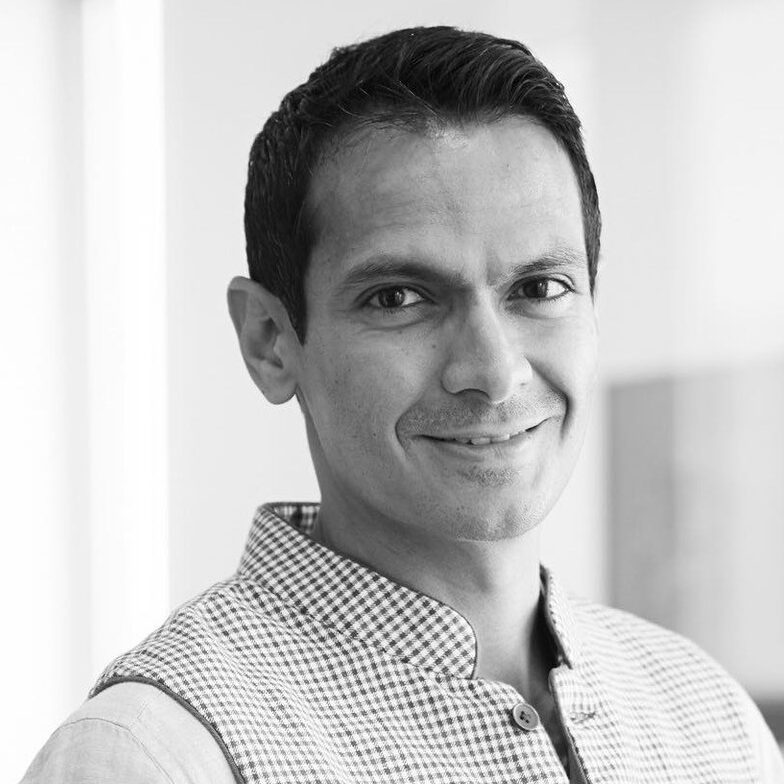 Satchit Balsari
Satchit Balsari -
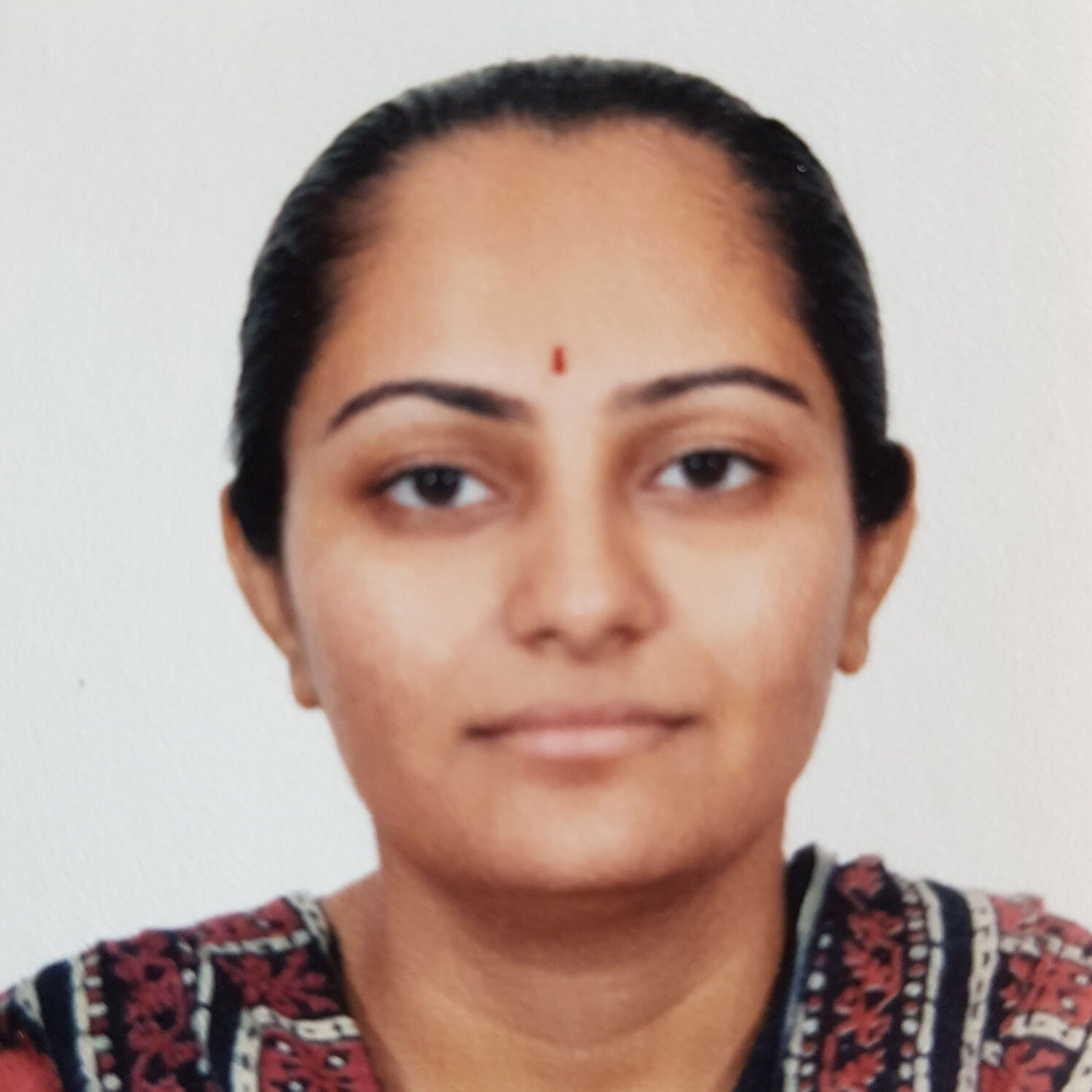 Mansi Shah
Mansi Shah -
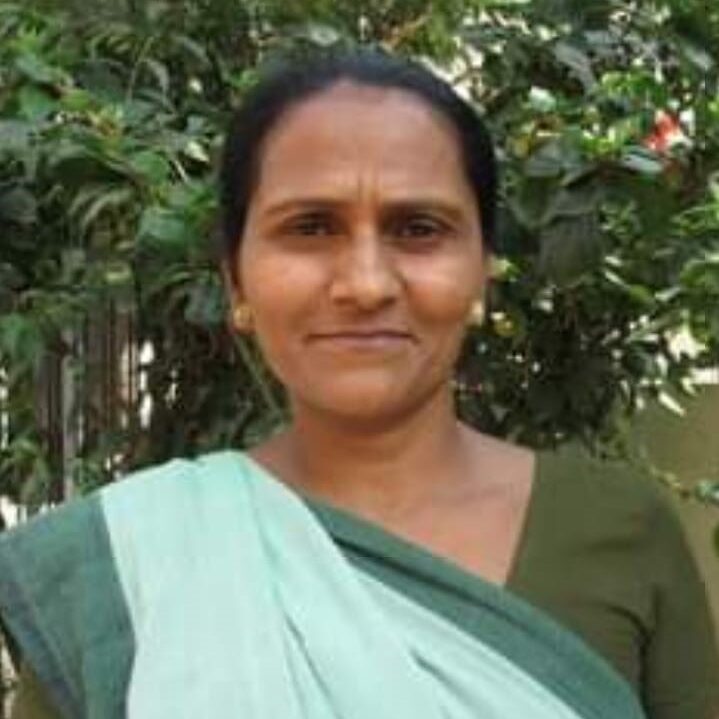 Kapilaben Vankar
Kapilaben Vankar -
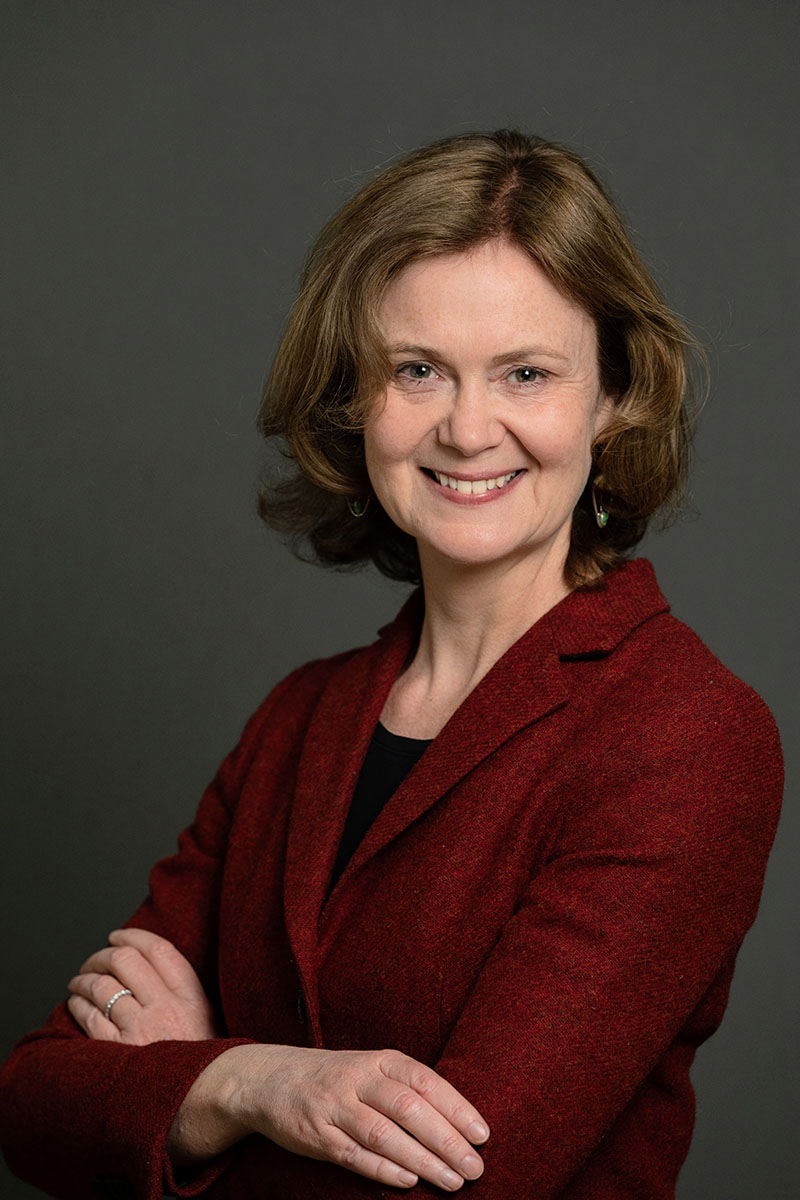 Louise C. Ivers
Louise C. Ivers
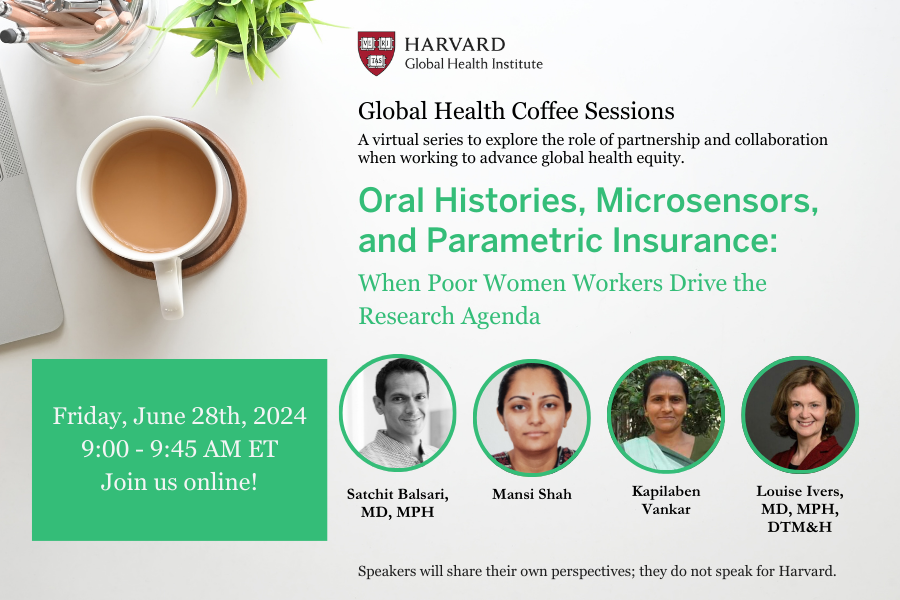
SEWA members, Manshi Shah and Kapilaben Vankar, in conversation with Satchit Balsari, will describe how the 3 million-strong Self Employed Women’s Association has approached academic partnerships. Over 50 years, SEWA has partnered with a range of researchers from India and abroad; and established educational programs and exchanges with local academic institutions. Harvard faculty have collaborated with SEWA for over two decades. In this HGHI Coffee Session, the speakers will describe how a research project examining SEWA’s response to the pandemic evolved into a multi-city traveling exhibition, that will travel from Harvard to New York and DC and then the west coast. They will share how SEWA’s members, most at-risk to extreme heat, are partnering with researchers to inform cutting age climate adaptation products including the world’s first-ever parametric insurance product to protect wages when it’s too hot to work. The speakers will present their vision for what meaningful research partnerships between academic institutions and communities can look like.
About our Speakers
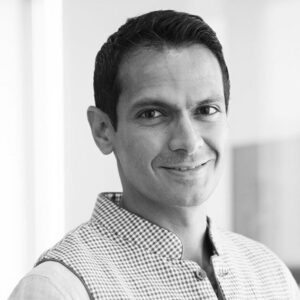
Satchit Balsari, MD, MPH, Associate Professor, Emergency Medicine, Harvard Medical School and Beth Israel Deaconess Medical Center; Department of Global Health and Population, Harvard T.H. Chan School of Public Health
Dr. Satchit Balsari is Associate Professor in Emergency Medicine at Harvard Medical School and Beth Israel Deaconess Medical Center; and in the Department of Global Health and Population at the Harvard T.H. Chan School of Public Health. Dr. Balsari’s research and teaching are focused on complex humanitarian emergencies and digital health implementation science in resource-poor settings. He has worked with populations affected by disaster, war and the COVID-19 pandemic in Iraq, South Sudan, Jordan, Haiti, Puerto Rico and across South Asia. In the most vulnerable communities in the world, his team has leveraged cutting-edge digital tools and citizen science to advance public health planning, advocacy, and response. The Balsari Lab collaborates directly with populations in distress, humanitarian response agencies, civil society organizations, governments, and international agencies, to reduce the information asymmetry that threatens to exclude the poor and disadvantaged from decisions that will impact their lives. Dr. Balsari co-directs CrisisReady.io, a research-response platform that builds data-driven decision tools for local communities and response agencies affected by disasters globally. Dr. Balsari is founding director of the tri-institute Climate and Human Health fellowship at Harvard, leads the climate platform at the Lakshmi Mittal and Family South Asia Institute, and is co-investigator on the Salata Institute’s inaugural interfaculty cluster grant on Climate Change Adaptation in South Asia. He recently has curated an exhibition, Hum Sab Ek, which is based on his research on the impact of the COVID-19 pandemic on the 2.9 million-strong Self Employed Women’s Association (SEWA), and its members’ response to it. Prior signature initiatives include EMcounter (a customizable, portable digital surveillance tool, the latest iteration of which was used at the world’s largest mass gathering, the Kumbh Mela in India) and Voices, a crowd-sourced, online disaster response analysis tool. In 2018, in collaboration with Professor Caroline Buckee (Epidemiology), he co-led the Hurricane Maria Mortality Study.
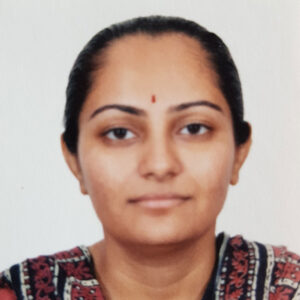
Mansi Shah, Senior Technical Coordinator, Rural Economic and Development; Program Manager, Future of Work, SEWA
Mansi Shah has spent 13 years as the Senior Technical Coordinator in Rural Economic and Development sector for SEWA and is a program manager for the Future of Work activities at SEWA. Under the guidance of SEWA’s director Reema Nanavaty (Commissioner, ILO’s Global Commission on Future of Work), Mansi has orchestrated and lead several workshops and roundtable conferences with poor women workers from informal economy on the nexus of “Women, Work and Energy”, “Women, work and Climate Action” as well as “Role of Informal sector Women Workers in the Food systems”. She has closely assisted Ms. Nanavaty in drafting the strategy for SEWA’s “Clear Skies Campaign” – a campaign to build resilience of SEWA members against the increasingly frequent climate shocks and to bring visibility to their climate action.
Mansi has been leading SEWA’s work in the areas of Energy, Climate Change and Renewable Energy and has represented SEWA at various international workshops, conferences and policy dialogues such as the COP27, Global Forum on Adaptive Social Protection, One Planet 4th Global Conference on Sustainable Food Systems, UNFSS+2 Stock-taking Moment in Rome etc. As a lead coordinator for SEWA’s “Future of Work” initiatives, Mansi has orchestrated and lead several workshops and roundtable conferences with poor women workers from informal economy; especially with women from fragile and conflict affected areas like Sri Lanka, Afghanistan, Myanmar as well as Indian states like Kashmir and north-eastern states like Sikkim, Nagaland and Meghalaya.
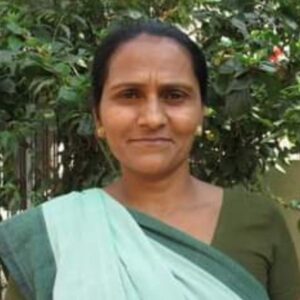
Kapilaben Vankar, Member and Former President, SEWA
Kapilaben Vankar is a grassroots leader and has been a member of SEWA for 22 years. She is the past president of SEWA, who helped drive SEWA’s membership to over 2.5 million across 18 states in India. She is a also farmer from the Anand district of Gujarat. In her role as the president of SEWA, Kapilaben represented SEWA’s members, their challenges and their struggle for voice, visibility and validity at various national and international forums and platforms including to the former US first lady Sec. Hillary Clinton.
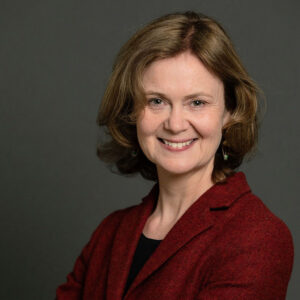
Louise C. Ivers, MD, MPH, DTM&H, Faculty Director, Harvard Global Health Institute
Dr. Louise C. Ivers, MD, MPH, DTM&H is the Faculty Director of the Harvard Global Health Institute and the Executive Director of the Massachusetts General Hospital (MGH) Center for Global Health. Dr. Ivers is also the David Bangsberg Endowed Chair in Global Health Equity at MGH and a Professor of Medicine and Professor of Global Health and Social Medicine at Harvard Medical School. Dr. Ivers has spent her career providing care to the rural and urban poor and engaging in patient-oriented investigation that offer solutions to barriers to healthcare. She works on the design, implementation, and evaluation of large-scale public health programs in resource-limited settings with the goal of achieving health equity. She has worked on healthcare delivery in India, Southeast Asia, and Africa. From 2003-2017, Dr. Ivers served in various leadership roles for Partners in Health, including Clinical Director, Chief of mission, and Director of strategic implementation. In addition to expanding access to healthcare for the poor, Dr. Ivers has contributed to published research articles on HIV/AIDS, food insecurity, and cholera treatment and prevention and is involved in global policy and advocacy.
About the Global Health Coffee Sessions Event Series
The HGHI Coffee Sessions Virtual Series takes place on the last Friday of each month from 9:00 AM – 9:45 AM Eastern Time. Showcasing global health researchers and practitioners from Harvard and beyond, this series aims to explore the role of partnership and collaboration when working to advance global health equity. A diverse range of topics will be covered; including climate change and health, global health security, mental healthcare, reproductive healthcare access, financing and governance for global health, healthcare in conflict areas, digital health, and more. This series will take place online over Zoom, and all sessions will be recorded and available on our YouTube Channel.
Through our events and programs, the Harvard Global Health Institute provides a platform for different perspectives and debates within the field of global health through a variety of media. The views expressed in these events and programs are solely those of the speakers, authors, researchers, and participating audience. As such, they do not speak for the Institute or the university.


